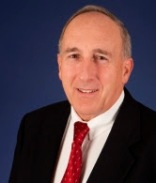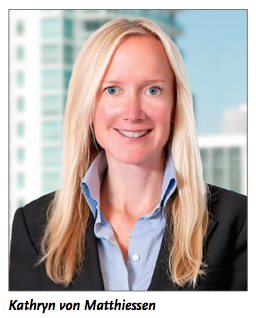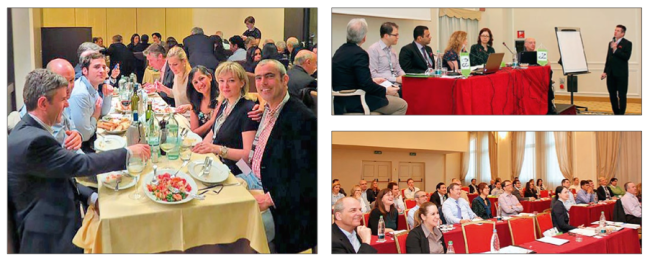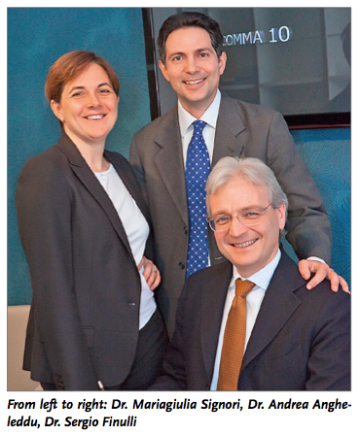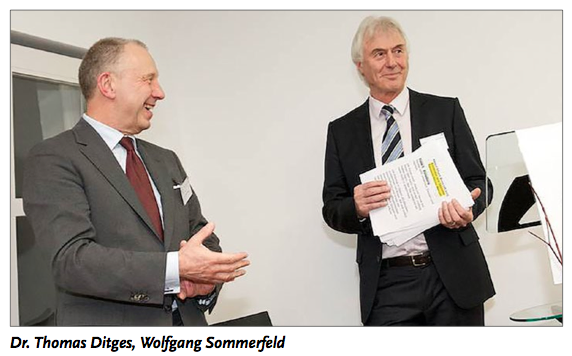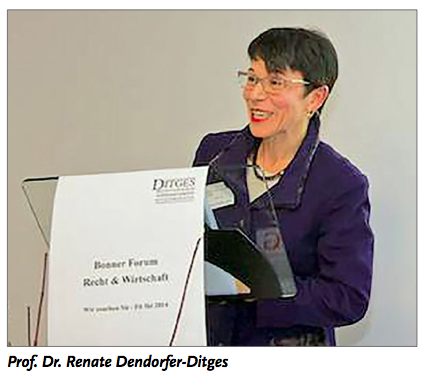As technology changes, so professional service firms should be evolving to ensure their marketing includes the latest technology and platforms for communicating with audiences, whether via social media, e-marketing or apps. Since the arrival of the iPhone and the inception of apps in 2007, the app system has exploded. According to research*, 1.2 billion people globally are now using apps on a regular basis and this is expected to expand nearly 30% by 2017.
Apps can be particularly useful for developing new lines of communication with both clients and prospects, whether it is opening up marketing opportunities, extending the firm’s brand, providing general information or improving client support.
The Haines Watts experience
In early 2011, Haines Watts launched a UK iPhone tax rates app. At the time, the firm were the first UK accountancy firm to launch a tax rates app of this kind. Haines Watts did not have a “mobile strategy” in place at this point, the firm merely saw it as a way of extending the Haines Watts brand, helping client advocacy (by replacing hard copy tax rate cards with a mobile app) and a way of generating good PR coverage by being the first to launch such an app. No targets were set for the number of downloads expected as there was little information available for reference. The firm did secure good PR coverage (both online and offline) for the app, but also secured a large amount of downloads for the app (over 11,000 downloads in the first year).
This success then led the firm to develop the same app for Android devices a year later. However, downloads of the Android app failed to match those of the iPhone app, with just over 2,000 downloads on the Android platform. This may have been due to the time-delay launching the Android version or because iOS devices are more commonly used by much of the target market, UK business owners.
The UK accountancy app market
In the last two years, many firms in the UK have developed a variety of apps and external marketing and tax companies have also developed template tax apps that smaller accountancy firms can buy off-the-shelf and brand as their own. This makes it easier for small firms to buy into the app market at low risk and low cost.
One UK marketing company has developed such an app, which features excellent functionality and is not very expensive. However, a major problem is that more than 200 UK firms have already bought into the same app and therefore any form of differentiation from others in the marketplace is impossible. This company claim its app has been downloaded over 20,000 times, but across the 200 firms that have purchased it, this only equates to an average of 100 downloads per firm. This is therefore far lower than the number of downloads experienced by Haines Watts.
Investing in an app
The decision to invest in an app, particularly when developing your own, is more a product development process than a marketing activity. It requires considerable management and technical input combined with a clear marketing strategy for launching and promoting the app. Firms in general do not usually have extensive product development expertise and it is therefore essential that there is a very clear roadmap that guides through the process.
So, what are the key factors that need to be taken into account when exploring apps?
Objectives of the app
The first thought should be defining the objectives of the app. If it is an extension of brand or simply a marketing tool, it is probably better to take the template off-the-shelf approach to the app. If aiming for something different to what is currently on the market, then consider developing a bespoke app, using an established app developer.
Budget and cost
Budget will play a huge part in the decision to develop an app or buy a template app. Template apps can start from as little as GBP 1,000 in the UK (an initial set-up fee and monthly cost). Creating an app using a developer can easily cost ten times that, or more. So, the decision to develop an app should not be made lightly. Whilst it can be a real differentiator in the marketplace, the exercise can become rather costly and complex. It is also important to ensure that there is the budget and resources to construct the app and to maintain it in future years.

Platforms
If developing an app, it needs to be clear on which platforms you want to the app to sit. Base this decision on which devices current clients use. Statistics show that the iPhone is not the overriding leader in the phone market and that Android devices are also widely used. If wanting to cover both platforms, it will mean developing two versions of the same app, one for each platform. Then, there are tablet devices to consider, with the iPad currently a clear leader in the market.
Finding the right developer
It is essential to partner with a good app developer who can provide guidance through the process. There is a huge amount of information on websites that can help in understanding the process. A good app developer who has experience will be a real asset and perhaps consider seeking recommendations from companies that have already developed apps.
Marketing the app
Just placing the app on the App Store or Google Play is not enough to secure good download numbers. Consistent and regular marketing of the app needs to be planned.
Whether the app should be free or paid for also needs to be decided. Haines Watts apps are currently free to download (we have no plans or objectives to monetise them). In the UK accountancy market, most firms offer their apps free of charge.
Haines Watts initially undertook both national and regional PR to launch their app, shot videos introducing the app for online publications, promoted the app on their website as well as every e-marketing campaign and partners communicating with clients about the app directly. This created buzz around the launch. There is no doubt that this comprehensive marketing approach helped secure the high number of downloads. Even today, Haines Watts continue to promote the app via their website, social media and e-marketing.
In 2013, Haines Watts once again moved in the app market and launched a second app which supports an iPad version of its quarterly magazine “One”. This magazine sits within an app and the new magazine appears in the app for users to download each quarter. Having a digital version of the magazine allows Haines Watts to expand on the content and to provide content in different formats, for example embedding videos. Haines Watts are committed to building the audience by continuing to promote the digital magazine via their website, social media and e-marketing channels.
Now, in 2014, Haines Watts have also undergone a major redevelopment of their tax rate app, to build it on a more up-to-date platform and improve both the design and content. The app is now becoming more technical in content by offering personalised tax reminders based on year-end and VAT quarter dates. This should enable Haines Watts to once again market the app as different to others on the marketplace. The redeveloped app will launch in April 2014.
Tips on app development
So what have I learnt from my experience of developing apps for Haines Watts?
1) Have a clear idea of what you want to achieve with the app.
2) Be clear on the budget you have, not only now but in the future, to help you decide which route to take.
3) Research the platforms your clients use and the apps they find useful.
4) Make your app specific to one function – do not try to cover different areas in one app. Apps that cover one specific area, e.g. tax or an interface with client’s online information, will attract more people than an app diluted with many different functions. Develop different apps for different functions.
5) If commissioning an external developer to build the app, build it in a developer account that is yours (and not the developers). This then avoids binding you to one developer in future and you will own the download audience of your app.
6) Find a good app developer who will guide you through the process. Seek recommendations from people who have already developed apps for their business.
7) Clearly plan how you market the app, not only for the launch but on an ongoing basis to continue building the audience.
With smartphones and tablets now essential business devices and the explosion of apps over the past few years, it is clear that professional firms need to embrace mobile technology as these platforms are increasingly being used by clients.
Do not place apps solely within the remit of your marketing departments. An app project should be a combination of customer insight from partners, technical expertise from the developer and marketing expertise for the promotion of the app. When all these are right, it is possible to deliver an app that can benefit business.
GGI member firm
Auditing & Accountancy, Tax, Advisory, Corporate Finance, Fiduciary & Estate Planning
Abingdon and 60 further offices throughout the UK
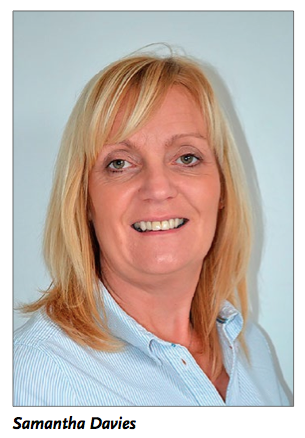
Samantha Davies
E : sdavies@hwca.com
W: http://www.hwca.com

